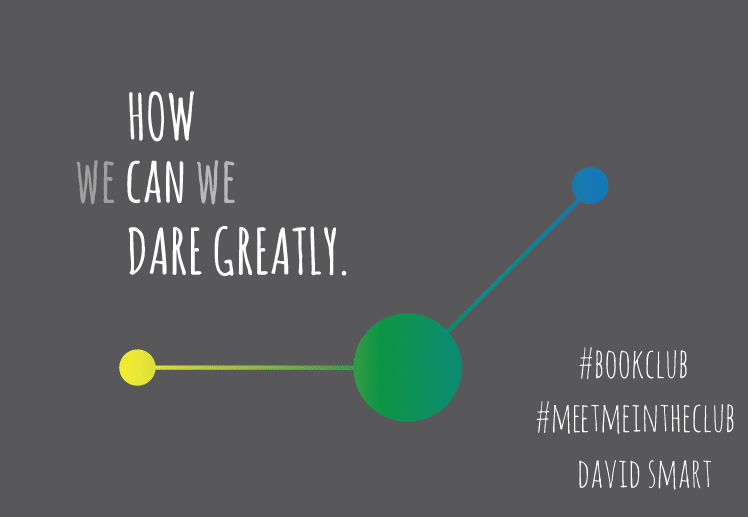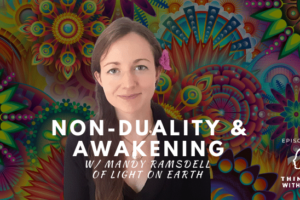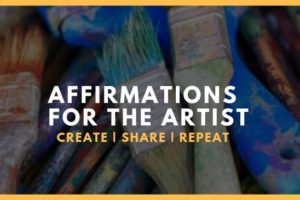
THE PROBLEM
We live in a culture of scarcity, meaning that we believe we are somehow never enough. We don’t work hard enough nor are we rich, successful, skinny or strong enough.
WHOLEHEARTEDNESS
One moves out of the scarcity mindset by adopting the ‘already enough’ mindset. Brene calls this state of mind wholeheartedness.
Those who live wholeheartedly have the courage to be imperfect and the strength to develop self-compassion. Connections are built and strengthened from the resulting authenticity.
THE ENOUGH MANDATE
It turns out that people with a sense of worthiness, love, and belonging believe they are worthy of it. They take the ‘enough mandate’:
I am enough. I’ve had enough. Showing up, taking risks, letting myself be seen is enough.

WHAT’S KEEPING US FROM BEING ENOUGH?
There are three walls that block the path to living wholeheartedly:
1) SHAME.
The fear of disconnection, of being seen and then unloved. So long as we care about connection, shame will remain a powerful force in our lives. The tonic to shame is not resistance, but empathy, the ability to connect with emotion as separate from circumstance or event.
2) THE VULNERABILITY ARMORY.
In order to protect ourselves from being seen, we dig into our vulnerability armory. These metaphorical masks act as personas that make us feel safe even when they are the source of suffocation. The armory consists of three pieces of equipment (117):
- foreboding joy – the paradoxical dread that clamps down on momentary joyfulness
- perfectionism – believing that doing everything perfectly means you’ll never feel shame
- numbing – the embrace of whatever deadends the pain and discomfort and pain.
3) NUMBING.
I think it’s important to dive more deeply into numbing because within us all is a universal desperation to feel sensations different than what we are feeling in each moment. Sit in the most comfortable chair imaginable and it won’t take but a few minutes before some unbearable pain begins to arise. Numbing is the act of escaping these physiological sensations.
The most universal numbing strategy is “crazy busy”. Drugs, alcohol, medication, coffee, sugar, and gambling also fall into the bucket of escaping sensations. As we numb (which we all do), it’s not the chosen method of numbing that’s important but rather why you numb that makes the difference.
CONNECTION
The answer to numbing is not necessarily sobriety but connection. Numbing is looking to fill the void of connectivity with something outside ourselves when we might not believe we have that connection within. Those deemed by Brene as wholehearted were asked what tactics proved invaluable when confronting numbing (142):
- Learning how to actually feel their feelings
- Staying mindful of numbing behaviors
- Learning how to lean into the discomfort of difficult emotions
Spirituality also emerged as a fundamental guidepost in wholeheartedness. Not religiosity, but the deeply held belief that we are inextricably connected to one another by a force greater than ourselves, a force grounded in love and compassion (151).
CONCLUSION
Vulnerability is at the center of all meaningful human experiences. To be vulnerable is to feel. It is not weakness but quite the opposite. “Daring Greatly” has nothing to do with winning or losing and everything to do with courage.
How can we practice vulnerability? Say “I love you” first. Do something where there are no guarantees. Invest in a relationship that may not work out. Let go of control, perfectionism, and facades. Start loving yourself. It turns out that everyone loves to see vulnerability in others but rarely allow themselves the courage to be seen.
“Vulnerability is the last thing I want you to see in me but the first thing I look for in you.”
To connect with ourselves and all other human beings, we must cultivate vulnerability and reject perfectionism. We are enough and it’s time to show up, take risks and let ourselves be seen. At the end of this life, we most regret not the things we’ve done, but the things we wish we would have done and did not because we believed we weren’t enough.
I highly recommend you read this book. Its message is one of taking the leap and risking plunging into the unknown. You are already enough. If you liked this book review, check out my review of A New Earth by Eckhart Tolle.
A book review of Daring Greatly. Brene Brown is a dedicated researcher and open practitioner of vulnerability, which she defines as “uncertainty, risk and emotional exposure.” Initially, Brene set out to study human connection and soon discovered that vulnerability was at the heart of connection. Vulnerability drives the connectivity in our relationships, our schools, our workplaces and our world. In order for the connection to manifest “we have to let ourselves be seen, deeply seen.”






Leave a Reply
I guarantee 100% privacy. Your information will not be shared.